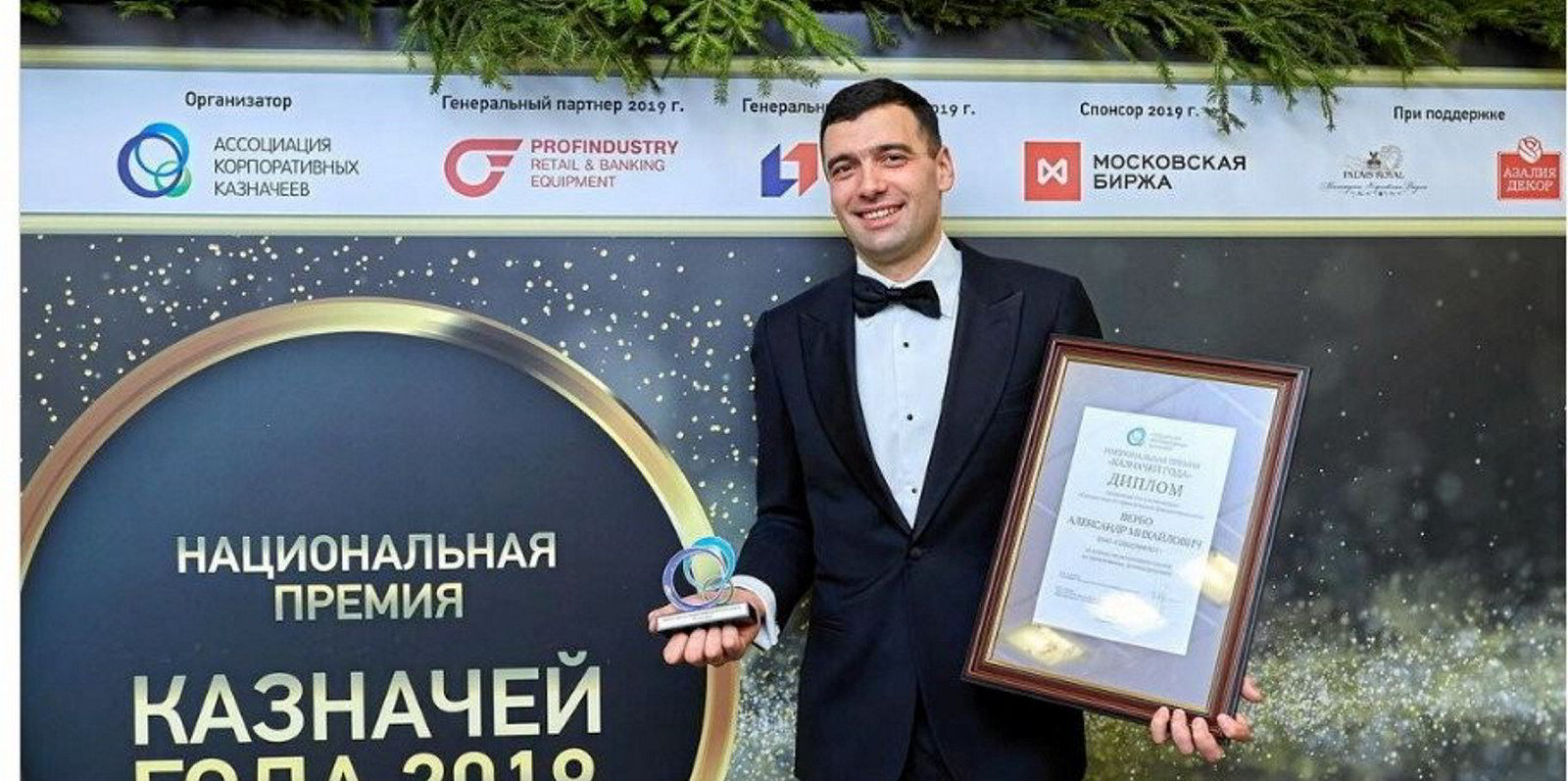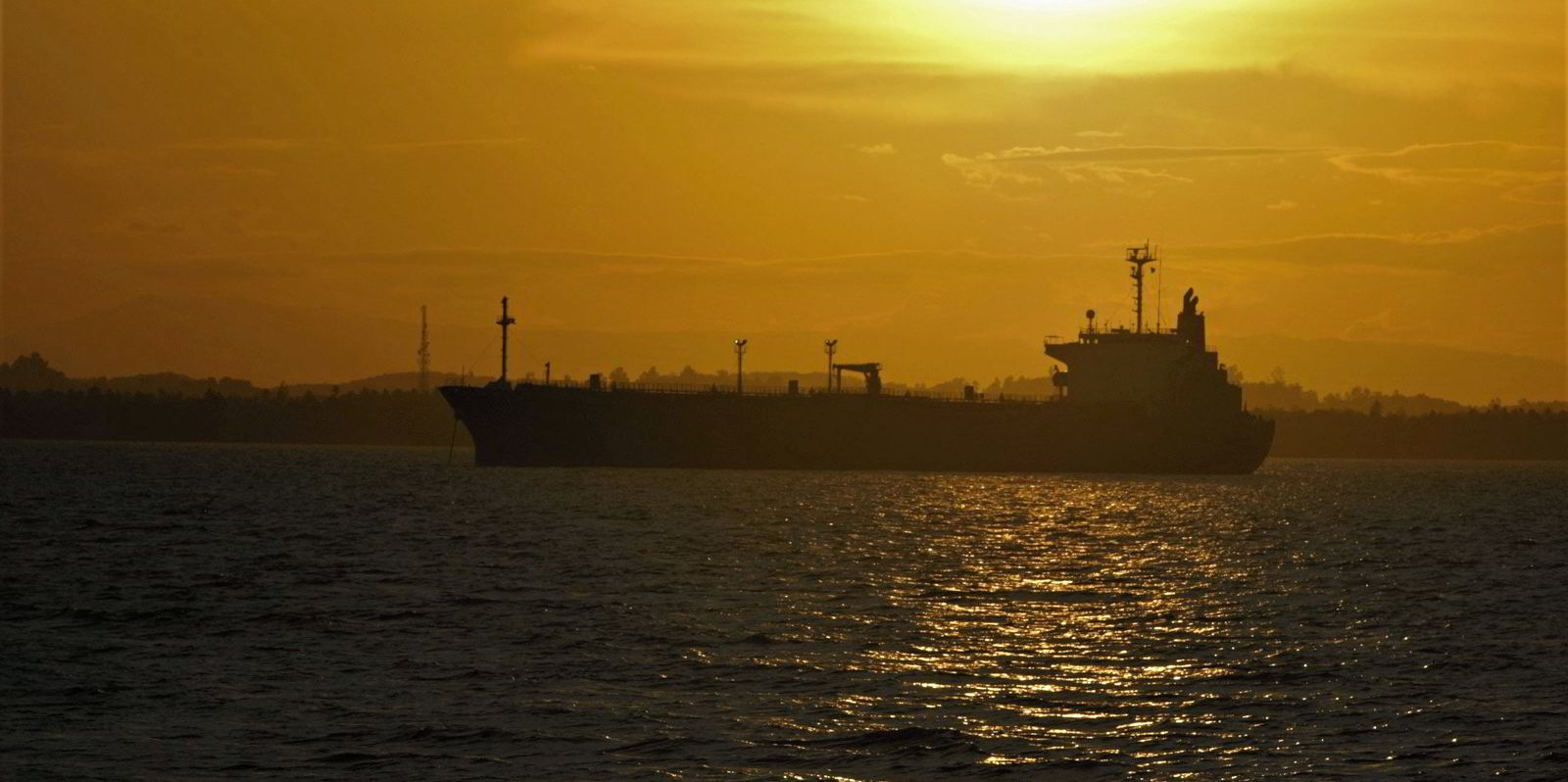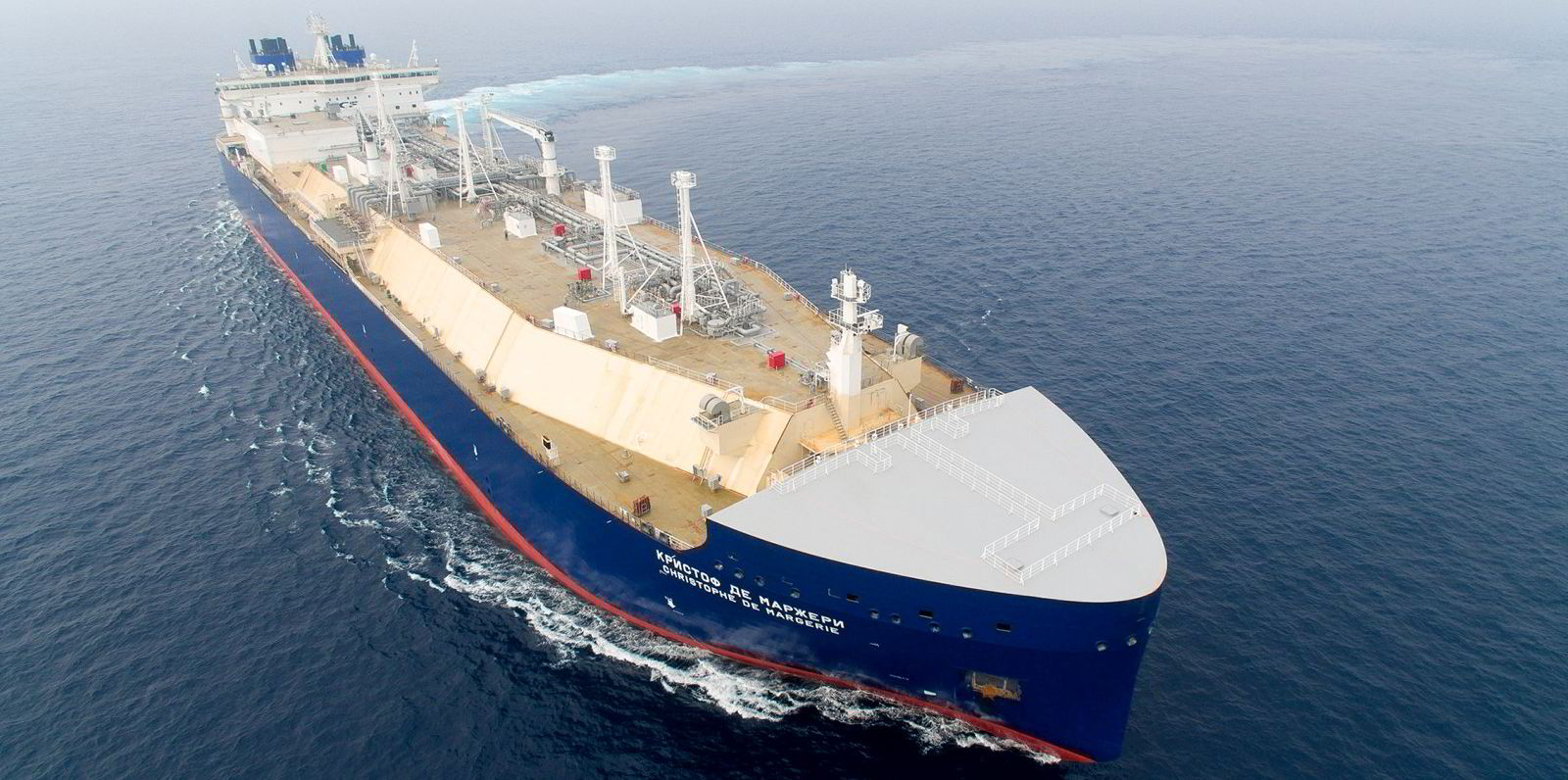The Dubai-based ship manager newly sanctioned by the European Union has been linked to a ship-to-ship transfer of Urals crude in the Mediterranean in January with a tanker that went “dark”.
The 109,300-dwt Sakhalin Island (built 2004), managed by Sun Ship Management, transferred its cargo off the coast of Greece to a second vessel that that did not transmit its position for several days, according to data analyst Vortexa.
Sun Ship Management, a subsidiary of sanctioned Russian tanker giant SCF Group, was placed on the sanctions list by the 27-nation bloc last week because of its role in raising revenues for the Russian state.
Vortexa researcher Armen Azizian said the Sakhalin Island, loaded with crude from the Russian port of Primorsk, arrived offshore Kalamata on 26 January.
The Greek-operated 100,000-dwt Pollux (built 2004) arrived in the area the previous day and appeared to switch off its AIS for around three days, according to the company’s data.
The STS operation took place while the Pollux was “dark” and not transmitting its position, said Vortexa. SCF Group has provided data to show that the AIS of Sakhalin Island was not switched off at any point.
The Pollux subsequently sailed to the west coast of India, where it discharged its cargo, shipping data shows.
Pollux is under the management of Sea Trade Marine of Greece, an Athens company that brokers link to Greek owner Panagis Zissimatos.
It has a fleet of 15 bulkers and tankers, according to Equasis. Just two days before the suspected STS, it was inspected by port authorities at Kalamata but not detained.
The vessel was detained in September by authorities in the Russian port of Nakhodka over 30 identified deficiencies, including documentary, structural and safety issues, according to Equasis data.
The Pollux is now in the Arabian Sea off Yemen. Sea Trade Marine has been approached for comment.
The transfer comes after a series of actions by Spain targeting ships involved in STS transfer operations, including detentions at ports.
Port authorities at the Spanish exclave of Ceuta last month sent warnings to ships involved in transfers off its coast about potential sanctions breaches if they serviced STS transfers.

“Efficiency is a big reason for STS transfers but deception is too by putting an extra layer between the cargo and the discharge port,” said Azizian, the dark fleet expert at Vortexa.
“Europe clearly has this increasing tendency of tightening restrictions off its coast.”
The port authority at Kalamata referred inquiries to another authority, which did not immediately return an email request for comment.
STS transfers of Russian Urals amounted to 580,000 barrels a day in the first three weeks of February, accounting for 35% of exports, said Vortexa.
Offshore Ceuta and Kalamata have emerged as the most popular zones for the transfers.
The majority of transfers off Ceuta end up on larger tankers bound for China, while Kalamata is popular for onward voyages to India, said Vortexa.
Bumper profits
Industry sources said that huge profits had encouraged ships to risk potential reputational and regulatory risks to haul Russian oil to India.
An aframax tanker hauling a Russian cargo to India could currently earn four times what it did compared to before the war, said one source.
This story has been amended since publication to delete references to Sakhalin Island switching off its AIS, in light of further information provided by the SCF Group.




